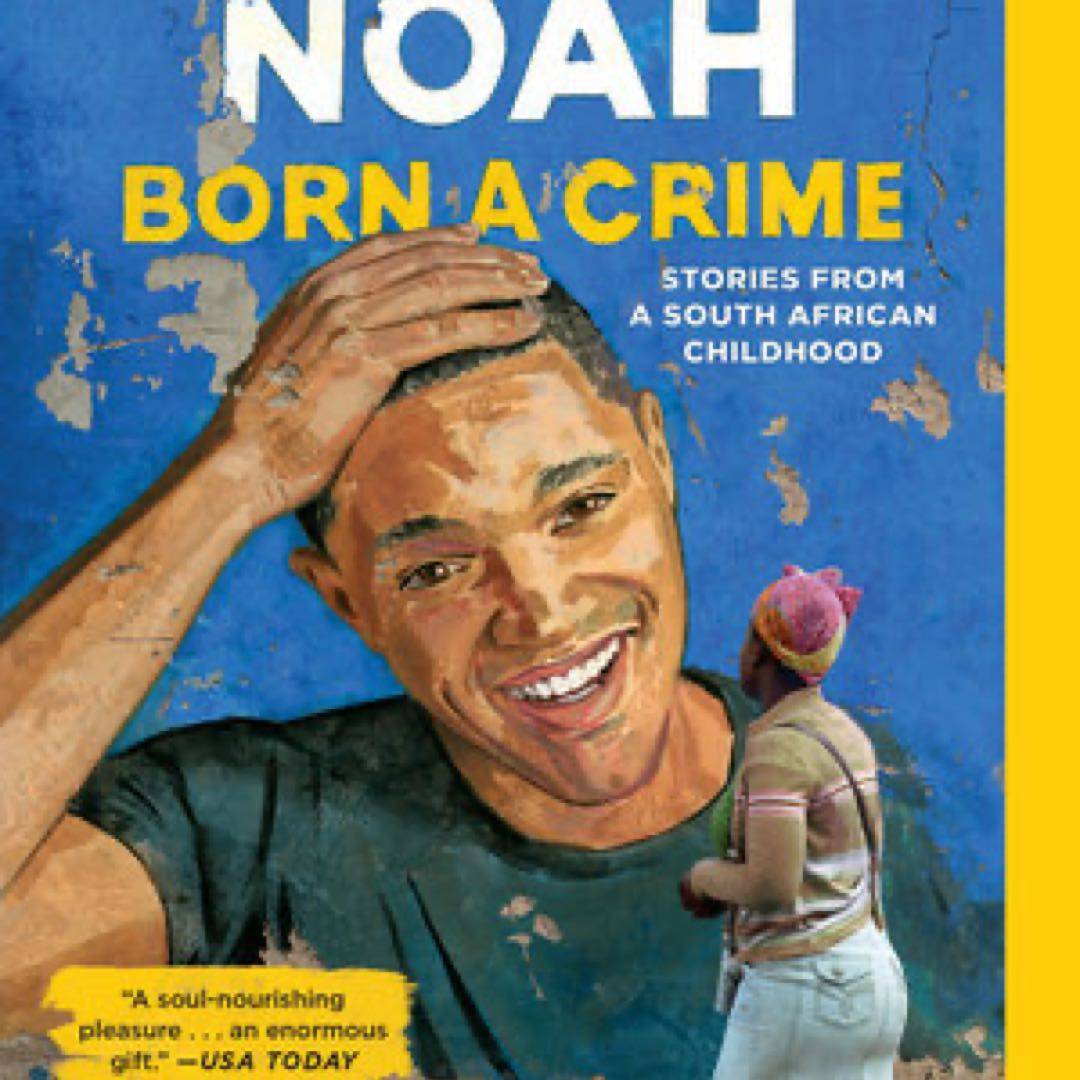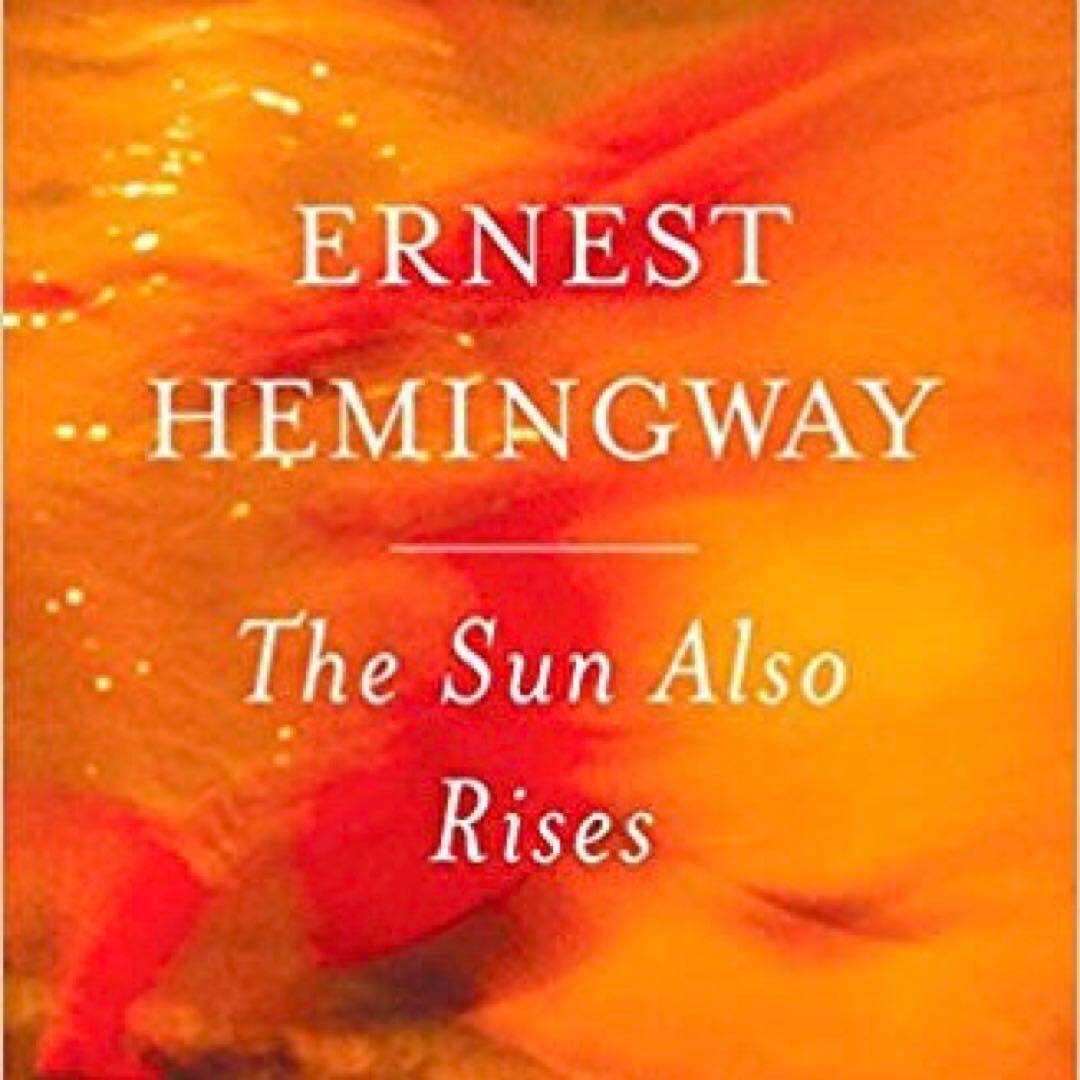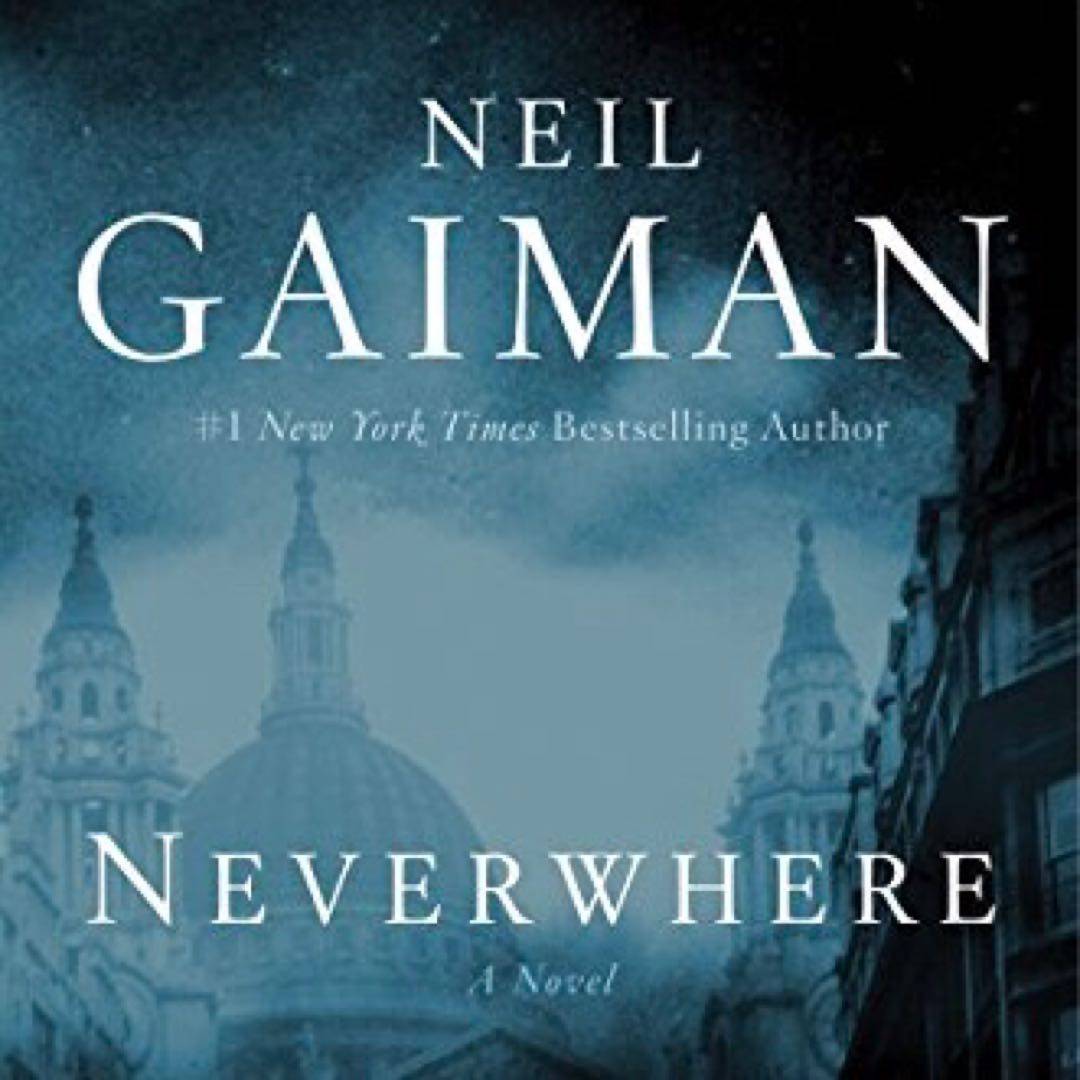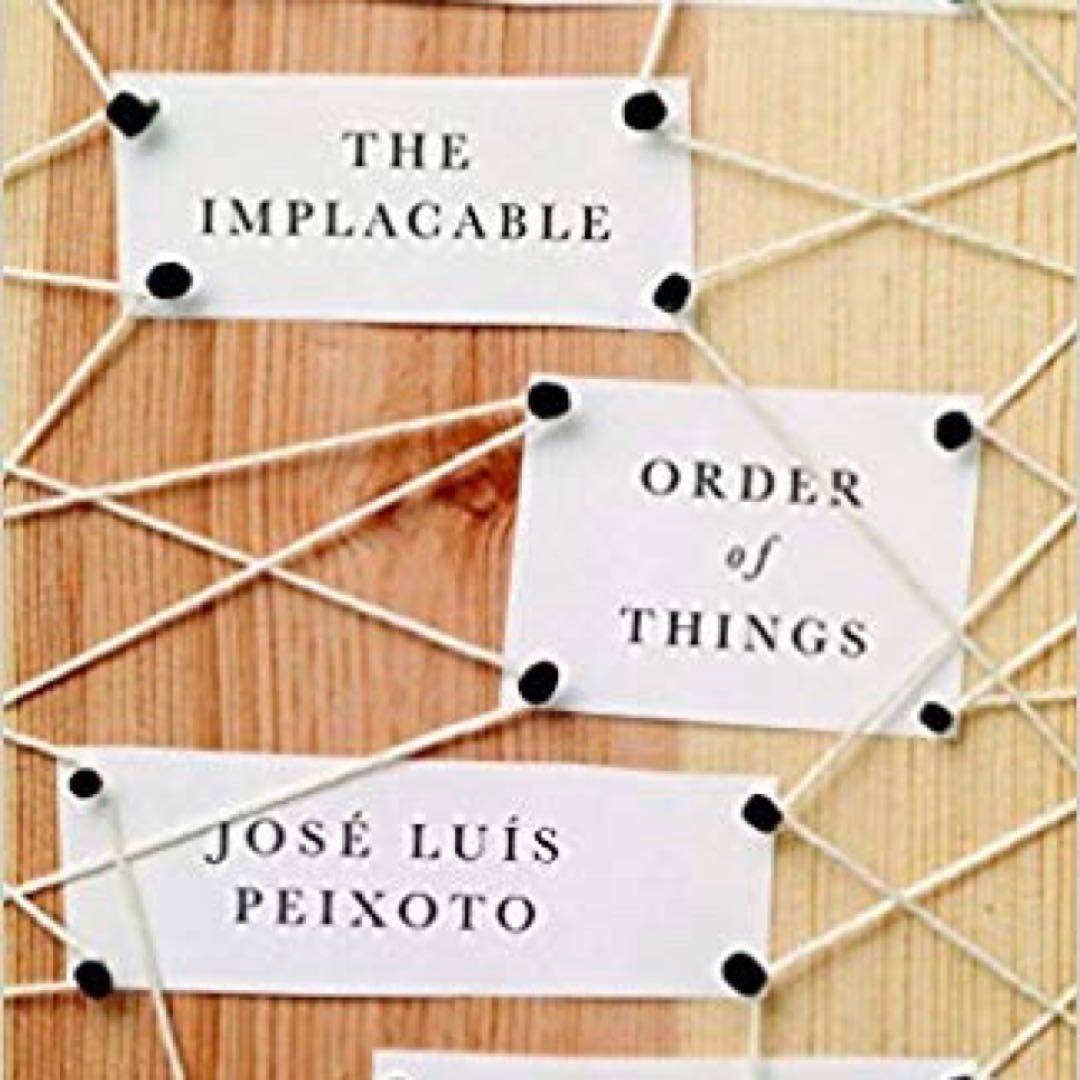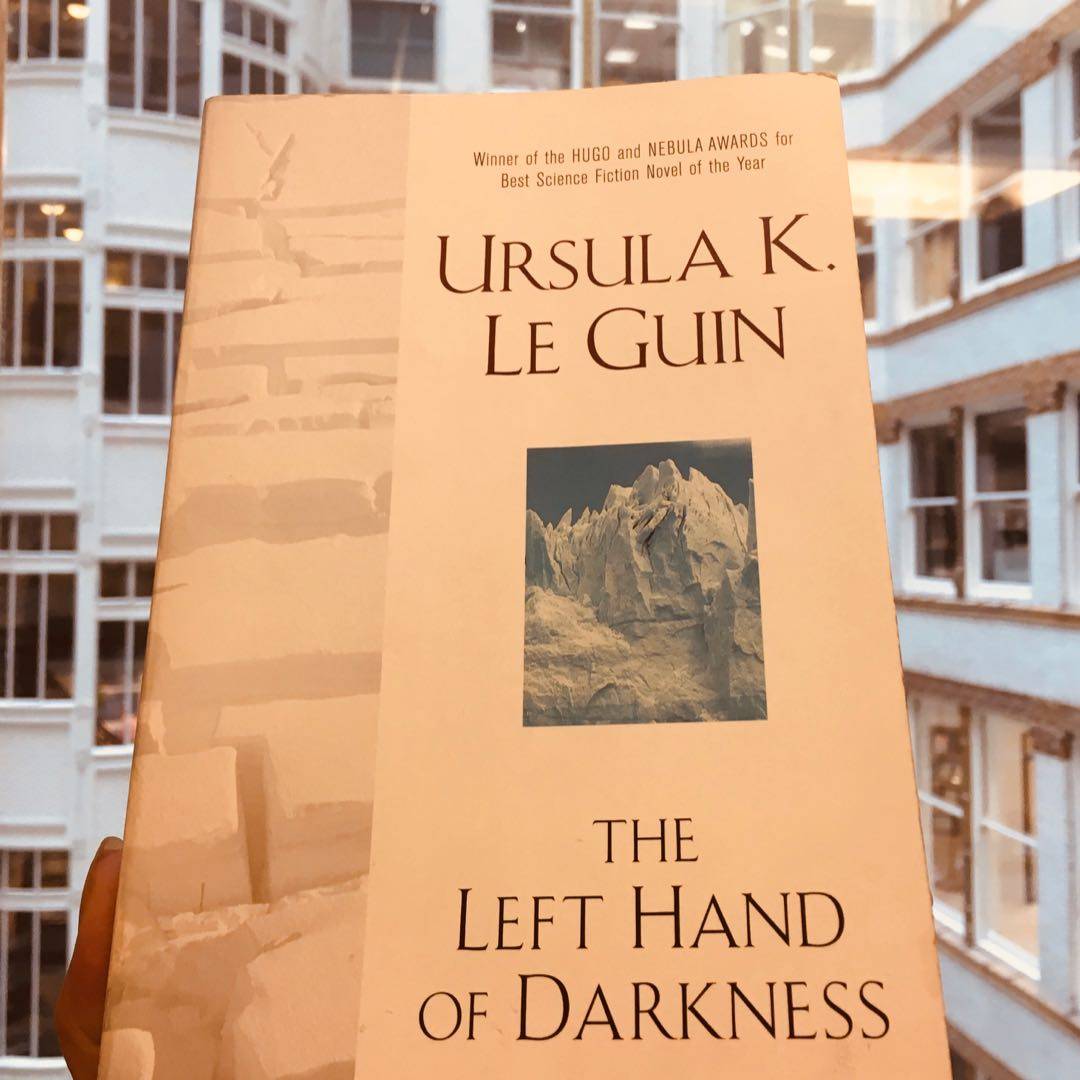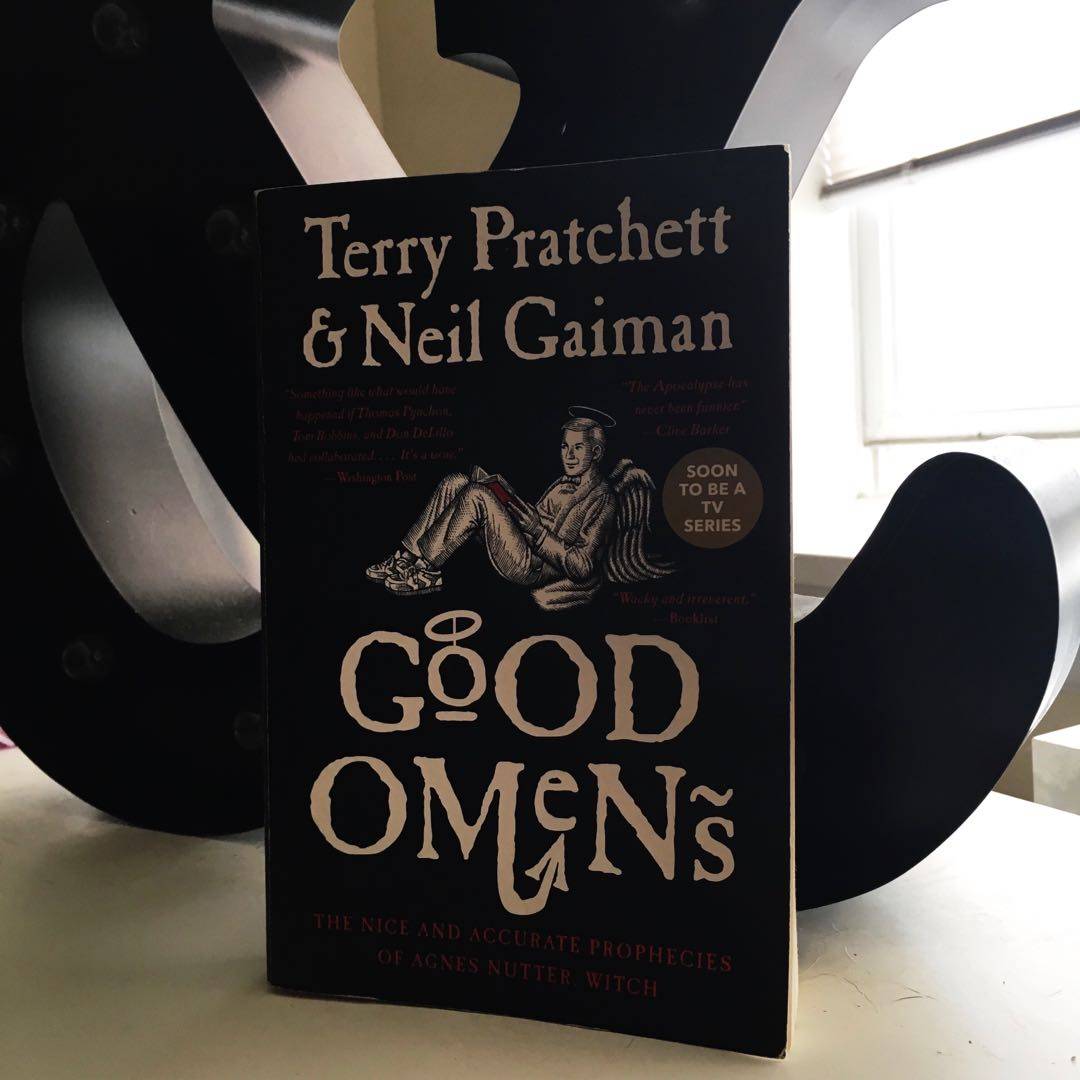Was looking for an easy, entertaining read and this fit the bill well enough. The world building is a bit lackluster compared to other fantasy series I‘ve read and the characters are predictable (same old YA love triangle trope). All of the perspective is first-person from the protagonist which can be limiting. It‘s a fun read as long as you don‘t expect too much from it. One of the few times I‘ve heard the Netflix version is better than the book.













